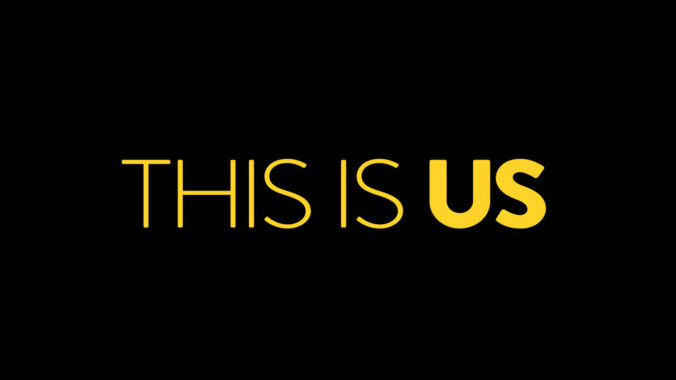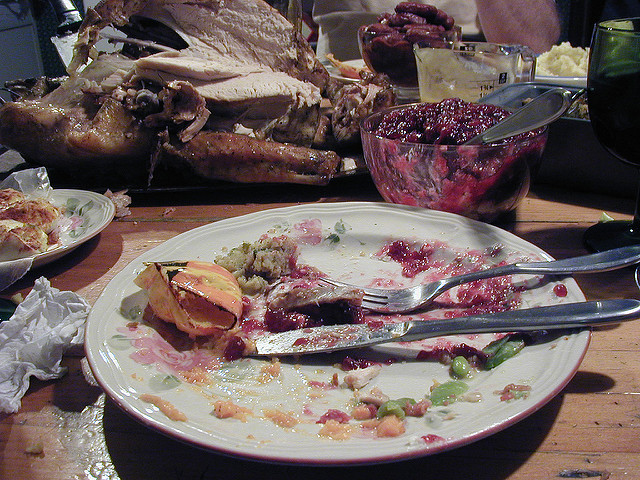I’ve given more than 24 hours, so spoilers are fair game. The video montages are making their rounds on Facebook, tempting tears at odd hours of the day by walking back through Jack’s relationship with Rebecca and the kids. The writers and creators of this show deserve a standing ovation, not just for making us fall in love with this man (and family), but for doing so in a way that doesn’t provoke us to ask why? We don’t even question why do we love him, or why are our hearts broken over an imaginary fire caused by the safest product on earth?
Jack is a wrong-side-of-the-tracks, hard-childhood kid that didn’t let the pain harden him, so of course, we cheer for him. We’re thrilled he took a turn away from the patterns set before him. And he fell in love with Rebecca – who doesn’t love a love story? He worked hard, saved his pennies, swallowed his pride and even asked for money when he needed it, so we celebrate his fastidiousness.
But if you ask me – and if you’re still reading, then you’re asking – we don’t love Jack because of those things. The turning point in the story, for me, was the episode where he revealed to Rebecca his drinking problem. We saw a side of Jack that revealed imperfections; even ugliness.
Jack was no longer the perfect guy, the perfect husband, the perfect father. But when perfection shattered, we still loved his goodness. He loved his family with all of his imperfect self, which is all we can ever ask. We will search the world over looking for perfect love, only to come up disappointed. The promise was never perfection, only goodness.
In the episode which shows us how he died, Rebecca remarks to Kevin how “your dad never had to try.” Jack was able to give his family love and patience and grace seemingly without effort. Kate and Kevin, in their adulthood of grief, have spent years trying to become someone who would make their father proud, unable to do so because of a deep sense of shame around how he died. They’re tumbled by their imperfection, as if they’re shocked and immobilized by it.
But then we watch Randell and the way he doesn’t numb away Superbowl Sunday. He doesn’t pretend like it’s normal yet he doesn’t allow himself to become dissolved by it. And in his interaction with his daughter, we get a peek at the story behind the story: he tells her how she’s his “#1” and before she was born he was overcome by fear and worry that he wouldn’t be the father that he needed or wanted to be. Our previous knowledge gives us a glimpse at his anxiety, his breakdowns, his interaction with perfection.
He tells his daughter, “when I met you, it was like I didn’t even have to try.”
Cue all the tears.
We know Randell, like his father (both fathers!), isn’t perfect. Randell has struggled with his own demon. That struggle, that fight, left him well aware of his imperfection. From there the struggle goes one of several ways: either covering it up, letting it beat him up, or living with it in the back seat.
Jack and Randell stopped trying to conjure a perfect life into existence by their own perfect doing. Instead, they loved their children and their wives and their families from a deeper source. The cracks in their veneer are what lets the light through, as St. Anne Lamott often quotes.
Those cracks, chips and gashes can become a source of inner contempt as it becomes obvious the image is no longer in perfect condition. Or those broken places are exactly how love flows out more freely.
We don’t love and mourn Jack because he was perfect, but because he was good. And the reason that This Is Us is causing Kleenax to have such a good year is because after we turn off the DVR, millions of women* are climbing into bed with their own version of a person who doesn’t live up to perfection. Loving Jack despite his shortcomings, offering him forgiveness and cheering him on, celebrating the way he loves his family – these all become practice rounds for us to do it in our own homes, if we choose to see all of what is unfolding. It provokes in us the desire to love from a deeper source rather than spending our energy creating a cover of perfection. We’re free to let the love seep through our own broken edges. And we free our loved ones to do the same.
As Steinback famously wrote: And now that you don’t have to be perfect, you can be good. And may it be so.
*and men, but let’s be honest about target demographics


